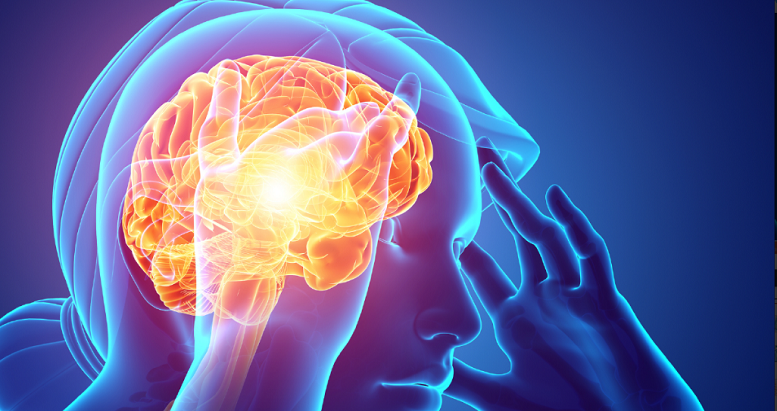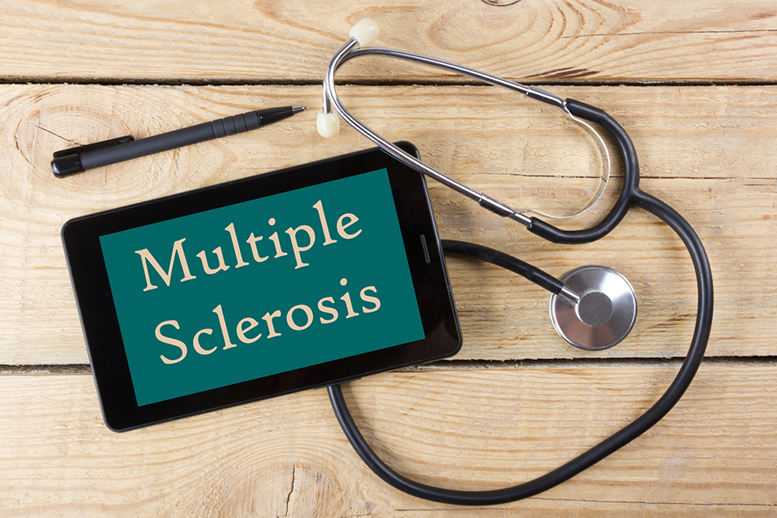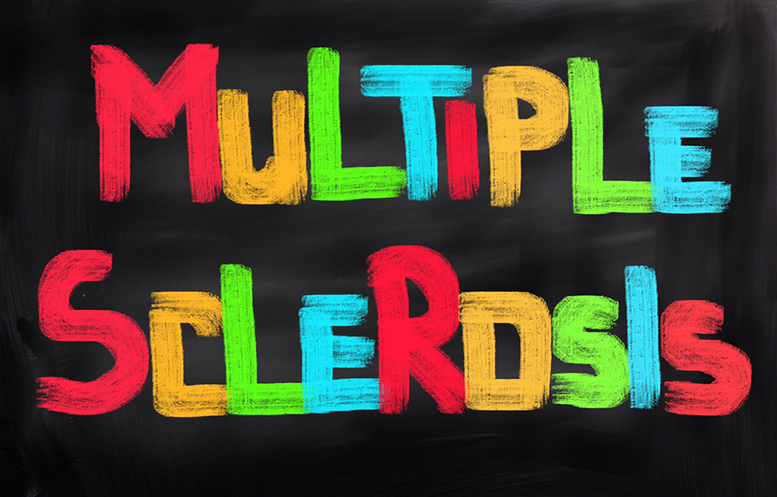-
There are various medications used for the treatment of multiple sclerosis (MS). These medications derail and slow down the progression of the disease and prevent relapses or attacks. Generally, they aim to improve overall symptoms. As part of a comprehensive multiple sclerosis treatment plan, these drugs effectively help patients cope with...
-
According to the National Multiple Sclerosis Society, primary-progressive multiple sclerosis (PPMS) is marked by deteriorating brain function. It often results in disability when patients begin to exhibit symptoms without any relapses or periods of remissions. Primary-progressive multiple sclerosis may also be classified as active or inactive at differing times....
-
Produced by Biogen, —a form of beta-1a—is an FDA-approved, injectable drug for the treatment of relapsing-remitting MS. It is meant for individuals who have had an initial relapse and whose MRI reveals lesions. injections work by decreasing the frequency of attacks and slowing down the progression of the disease....
-
Exercising regularly is an important part of controlling multiple sclerosis symptoms. Even though lethargy and coordination issues can render exercising more difficult, it is not only possible but is also highly beneficial for your muscles. Fatigue, weakness, balance problems, poor sleep quality, and mood disorders like depression are only...
-
Multiple sclerosis (MS) is a serious condition that affects the central nervous system. Multiple sclerosis damages the nerve cells in the brain, optic nerves, and spinal cord, leading to an interference in the transmission of signals within the central nervous system. Most people with multiple sclerosis experience depression as...
-
Foods High in Vitamin D People with MS are automatically at an increased risk of developing osteoporosis, which is a disease that weakens the bones, making them more brittle. Vitamin D can be highly effective in preventing osteoporosis. Additionally, research shows that vitamin D can impede the inflammation that...
-
Individuals with multiple sclerosis typically begin to experience early signs and symptoms of the disease between 20-40 years of age. The symptoms may improve but usually recur. Some symptoms appear and then go away whereas others can be more stubborn. MS presents itself with varying symptoms in every patient....
-
Scientists have yet to uncover what exactly results in the development of multiple sclerosis. However, continuous research efforts make it clear that a host of factors play a part, including genes, where you are located, and the air that enters your body. The Immune System Malfunctions Multiple sclerosis is...
-
Multiple sclerosis (MS) is an immune disorder that is associated with an irregular immune system response aimed at the central nervous system, which includes the brain, optic nerves, and spinal cord. The immune system mistakenly targets myelin, which is the fatty matter that envelops and shields the nerve fibers....
-
Multiple sclerosis is still incurable. However, certain lifestyle modifications and a variety of multiple sclerosis drug are effective in controlling the condition. By having an open line of communication with your primary physician, you can determine the most appropriate and efficacious treatment plan with the mildest side effects. Types...
-
Multiple sclerosis (MS) is a serious condition that attacks the nerves in the brain and spinal cord. In multiple sclerosis, the immune system mistakenly mounts a strike against the protective covering (myelin) around the nerve fibres, leading to faulty nerve signals between the brain and the other parts of...












